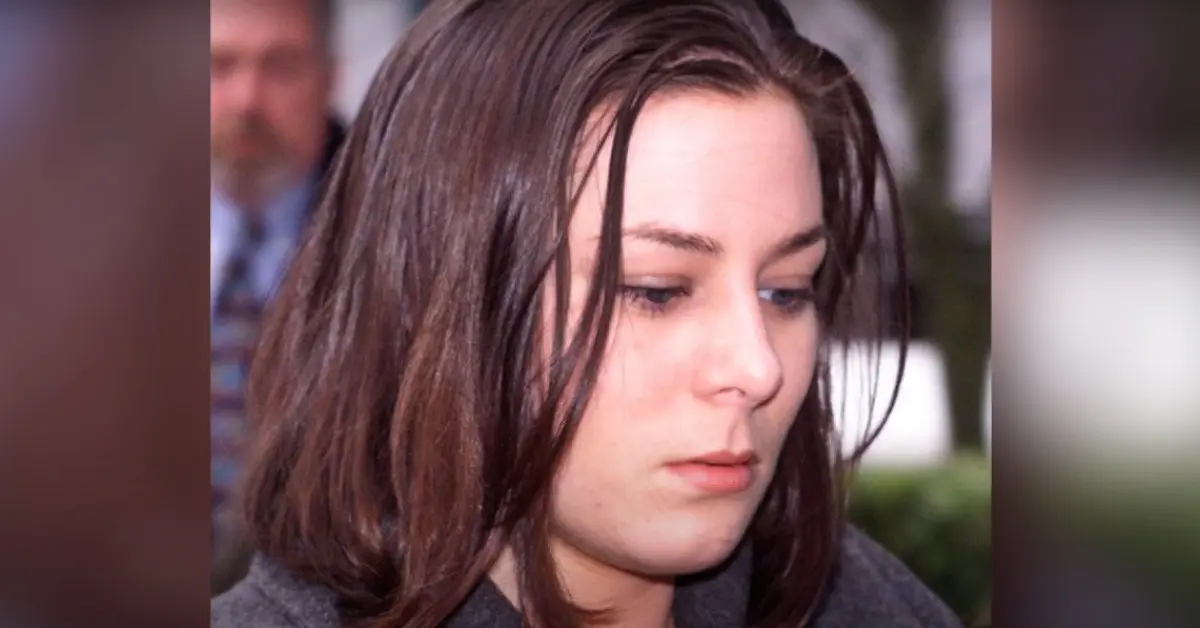The story of Kelly Ellard has captured the attention of many for years. It is a story filled with pain, justice, and, ultimately, redemption. Over the years, Kelly Ellard has become recognized in Canada and beyond, as well as being known for one of the most tragic and widely publicized criminal cases. However, this narrative is not only about crime and punishment but also about the hope of healing, transformation, and the complexity of human nature.
The Tragic Beginning: Who is Kelly Ellard?
Kelly Ellard is a Canadian woman who became known for her involvement in the murder of Reena Virk in 1997. At the time, Ellard was only 15 years old. The case became infamous due to the brutal nature of the crime and the age of those involved. Along with a group of other teenagers, Kelly Ellard played a role in the attack on Reena Virk, a 14-year-old girl. What started as bullying escalated into an unthinkable act of violence, with Ellard and others taking part in beating and drowning Virk.
The event left a dark mark on Canadian society and raised questions about youth violence, bullying, and the justice system. As Kelly Ellard faced trial for her actions, the nation followed the case closely, waiting to see how justice would be served. Her involvement in this tragic event led to years of legal battles, and the repercussions of her actions are still felt today.
The Legal Journey: Trials and Appeals
After the crime, Kelly Ellard was arrested and charged with second-degree murder. However, her path through the legal system was far from straightforward. Her first trial in 2000 resulted in a conviction, but that verdict was overturned in 2003 due to a legal error. A second trial in 2004 ended with a mistrial, leaving the case in limbo again.
It wasn’t until her third trial in 2005 that Kelly Ellard was finally convicted of second-degree murder and sentenced to life in prison with no chance of parole for seven years. Despite the conviction, Ellard continued to fight the verdict through appeals, all unsuccessful. The legal process was long and drawn out, leaving the public mixed feelings about whether true justice had been served.
Prison Life: A Time of Reflection and Change
After her conviction, Kelly Ellard entered the Canadian prison system, where she spent many years reflecting on her actions. During this time, something remarkable happened. Ellard began to express remorse for her involvement in the murder of Reena Virk, a sharp contrast to her initial defiance and refusal to admit guilt. This shift in attitude marked the beginning of her journey toward rehabilitation.
In prison, Kelly Ellard pursued education, counselling, and other programs to help inmates reintegrate into society. She earned her high school diploma and began college courses, signalling her commitment to change. Many believe this period of reflection and personal growth led to her eventual application for parole.
Parole and Reintegration: A Second Chance
2016 Kelly Ellard applied for parole for the first time, but her request was denied. However, in 2017, she was granted day parole after showing progress in her rehabilitation efforts. The decision to grant parole was met with mixed reactions. While some believed that she deserved a second chance after years of reflection and remorse, others felt that the severity of her crime warranted a continued sentence.
Kelly Ellard’s parole conditions were strict. She had to follow curfews, participate in counselling, and report to her parole officer regularly. Her reintegration into society was closely monitored to ensure that she continued on her path of rehabilitation. Despite the controversies surrounding her release, many saw it as a testament to the potential for personal transformation, even after committing a serious crime.
The Role of Remorse: Key to Rehabilitation?
One of the most debated aspects of Kelly Ellard’s case is the sincerity of her remorse. For many years, she denied any responsibility for Reena Virk’s death. However, her eventual expression of guilt and sorrow has led some to believe she has truly changed. The Canadian justice system places significant emphasis on rehabilitation, and remorse plays a critical role.
But can someone who commits such a heinous crime truly change? This question is at the heart of Kelly Ellard’s story. Her journey through the justice system and her time in prison have shown that change is possible, though it remains a deeply personal and complex process. For some, her story is one of redemption; for others, it reminds them of the long-lasting impact of violent crime.
Reena Virk’s Family: Seeking Justice and Healing
While Kelly Ellard has spent years working toward her rehabilitation, Reena Virk’s family has continued to cope with their loss. They have been vocal about their ongoing pain and the impact of Reena’s death on their lives. Despite the legal resolution of the case, no amount of time can heal the wound left by Reena’s tragic murder.
Reena Virk’s parents, Suman and Manjit Virk have spent years advocating for changes in the justice system to address better issues related to youth violence and bullying. They have also worked to raise awareness about the importance of empathy, kindness, and understanding in preventing such tragedies. Their efforts have contributed to important conversations about how society can address and prevent bullying and violence among young people.
Youth Violence and Bullying: A Wake-Up Call for Society
The case of Kelly Ellard and Reena Virk is more than just a story about one individual’s crime. It is a reflection of broader issues in society, particularly the prevalence of bullying and youth violence. The brutal nature of the attack on Reena Virk highlighted the dangers of unchecked bullying and the devastating consequences it can have.
In the years since the crime, there have been numerous efforts to address bullying in schools and communities. Anti-bullying programs, awareness campaigns, and changes in school policies have been implemented across Canada and other countries. The hope is that future tragedies like the one involving Kelly Ellard and Reena Virk can be prevented by teaching empathy and conflict resolution skills at a young age.
The Complexity of Justice: Punishment vs. Rehabilitation
The Kelly Ellard case also raises important questions about the nature of justice. Is the purpose of the justice system to punish or to rehabilitate? In Ellard’s case, she has faced both punishment and opportunities for rehabilitation. The fact that she was granted parole suggests that the system believes in the possibility of redemption and change.
However, only some agree with this approach. Some argue that the severity of Kelly Ellard’s crime should have led to a longer sentence without the possibility of parole. Others believe her progress in rehabilitation programs and her remorse prove the system works as it should. The debate over punishment versus rehabilitation will continue as long as such cases exist.
Looking Forward: What’s Next for Kelly Ellard?
As Kelly Ellard continues her life on parole, the question remains: What’s next? Will she be able to fully reintegrate into society and continue her journey of personal growth? Or will the weight of her past actions make it difficult for her to move forward?
Only time will tell. However, Kelly Ellard’s story serves as an important reminder of the complexity of human nature and the potential for change. While her actions in the past will never be forgotten, her efforts toward rehabilitation offer a glimmer of hope that even the darkest stories can have moments of redemption.
Table: Key Milestones in the Kelly Ellard Case
YearEventOutcome
1997 Murder of Reena Virk Kelly Ellard involved in tragic death
2000 First trial Conviction overturned on appeal
2003 Second trial Ended in a mistrial
2005 Third trial Conviction and life sentence
2016 First parole application Denied
2017 Granted day parole Released under strict conditions
Conclusion: The Lasting Impact of Kelly Ellard’s Story
The story of Kelly Ellard touches on many important issues, from youth violence and bullying to justice and rehabilitation. While her actions led to unimaginable pain and loss, her journey toward redemption offers hope that people can change, even after committing serious crimes. The case of Kelly Ellard will likely continue to be discussed for years to come, as it raises important questions about the nature of justice, punishment, and the potential for human transformation.
you may also like

